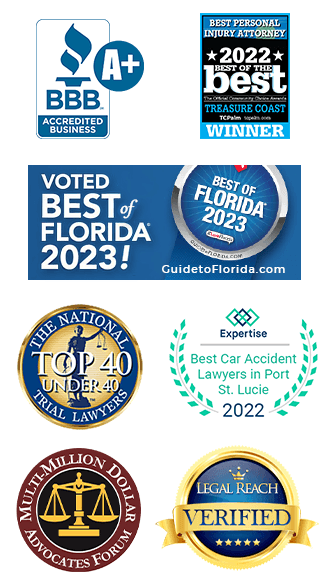A woman in Summerville, S.C., got a wakeup call last year when she was ticketed for not wearing her seatbelt. The woman weighed 408 pounds at the time, and the seatbelt was not big enough to fit around her. In the year since, the woman has lost over 200 pounds. She can now safely buckle up, and she is hoping she can inspire others to do the same.
According to a report from the University of Buffalo, the woman was not alone in not wearing her seatbelt. The researchers found that extremely obese people are 67 percent less likely to wear a seatbelt, and they are 56 percent more likely to die in a car crash than normal-weight occupants of vehicles. (Drivers were considered overweight or obese if they had a body mass index of 25 or more.)
Unfortunately, according to the U.S. Centers for Disease Control and Prevention, more than one-third of U.S. adults (36 percent) are obese. In a recently released report, CDC data show that the south has a greater percentage of obese residents than other regions. In Florida, 27 percent of adults were reported as being obese.
If Florida’s overweight drivers are not buckling up, that is far too many people putting themselves at risk of a car accident injury, or worse, death. Florida’s seatbelt law makes it a primary offense if the driver or front seat passenger is not wearing a seatbelt. Not only do these drivers risk a ticket, they may also be risking their lives. According to the Florida Department of Highway Safety and Motor Vehicles, 54 percent of the people killed in traffic accidents in 2010 were not wearing seatbelts, even though their vehicles had them.
Earlier this month, our Treasure Coast car accident attorneys offered key statistics from the government indicating that seatbelts can be lifesavers. The National Highway Traffic Safety Administration reports nearly 12,500 lives are saved each year due to safety belt usage. It further estimates that in 2010, 769 lives were saved in Florida due to vehicle occupants wearing their safety belts, but 229 more lives could have been saved if the people had buckled up.
“How can we make it more likely for people, including the overweight or obese, to wear seatbelts?” asked Dietrich Jehle, MD, professor of emergency medicine at the University of Buffalo and lead researcher in the study. “We need to do something, since one-third of the U.S. population is overweight (not obese) and one-third is considered obese.”
Our South Florida car accident lawyers urge everyone to buckle up each and every time you get in a vehicle. If you are overweight, we encourage you to take the time to visit a local dealership to find a seatbelt extender to help keep you safe. Ifisher.com offers information for finding the appropriate seatbelt extender by vehicle type. Seatbelt extenders are usually available from the parts departments of dealerships. Extenders are available for most Ford, GM, Chrysler, and Toyota, but not Honda vehicles.
While you may not be able to prevent an accident from happening, you may be able to prevent yourself from being seriously injured.
Contact an Experienced Florida Car Accident Lawyer
If you or a loved one has been injured in a Florida car accident due to the negligence or carelessness of another driver, seek experienced counsel. I am attorney Philip DeBerard. I have three decades of legal experience representing people injured in car accidents and other personal injury claims.
The law firm of Philip DeBerard, Injury Attorney, represents victims of car accidents and automobile crashes in Stuart, Jupiter, Port St. Lucie, Okeechobee, Fort Pierce, Palm Beach and Vero Beach. If character traits such as integrity, dedication and compassion are what you seek in an accident lawyer, call Philip DeBerard. Choosing the right accident lawyer does make a difference.Call 1-800-299-8878 to speak with a knowledgeable Florida car accident attorney or fill out our online contact form.




